Cramele Recas: leading the Romanian wine revolution
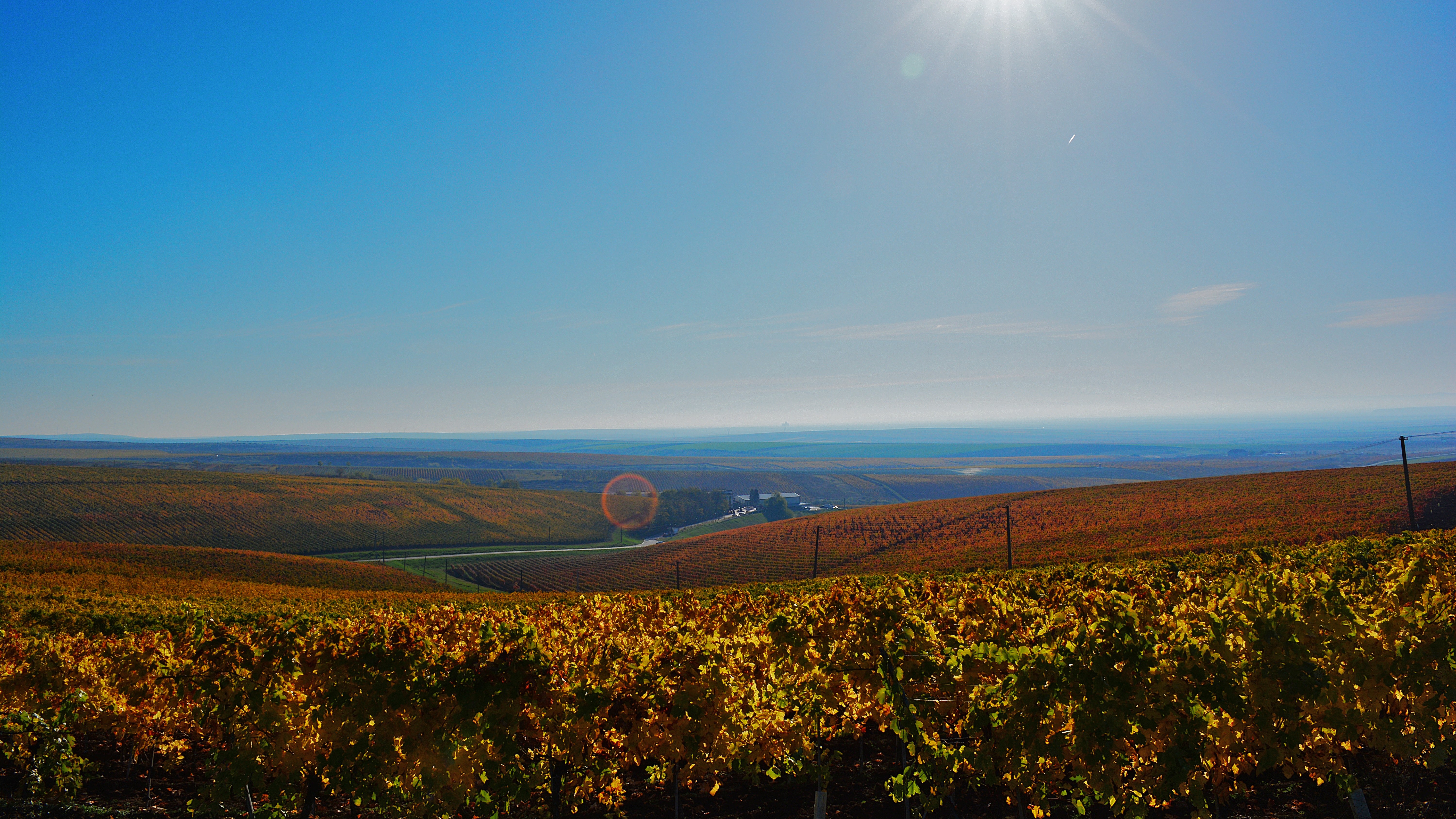
A free daily email with the biggest news stories of the day – and the best features from TheWeek.com
You are now subscribed
Your newsletter sign-up was successful
The Romanian wine industry is enjoying a comeback after years of battling to throw off the reputation it gained during the country’s Communist rule.
The Communists prioritised quantity over quality, with family vineyards taken under state control and merged into poorly-kept plantations that produced low quality plonk for the Romanians to enjoy or - more likely - try and tolerate.
But not anymore. Romania has emerged to become one of Europe’s largest producers of quality wine, adopting foreign winemakers with global expertise to speed-up the recovery of the nation’s wine industry.
The Week
Escape your echo chamber. Get the facts behind the news, plus analysis from multiple perspectives.

Sign up for The Week's Free Newsletters
From our morning news briefing to a weekly Good News Newsletter, get the best of The Week delivered directly to your inbox.
From our morning news briefing to a weekly Good News Newsletter, get the best of The Week delivered directly to your inbox.
In many ways, Romania’s wine resurgence mirrors the growth and reinvigoration of the country as a whole. So it is fitting that I started my visit to the country in Timișoara, home of the Romanian anti-Communist revolution that ended 42 years of one-party Communist dictatorship in 1989.
Timișoara boasts incredible architecture, some of the most beautiful of which borders the historic Victory and Union Squares. And its buildings intersect with its history - the Metropolitan Cathedral of Timișoara is not just a striking place in its own right, it is on its steps that a bloody government crackdown sparked the Romanian revolution thirty years ago.
Today, Timișoara is home to many of the staff - and customers - of Cramele Recaș, the country’s biggest exporter of wine.
Cramele Recaș
A free daily email with the biggest news stories of the day – and the best features from TheWeek.com
The first point of call on our slightly madcap three-day wine-tasting adventure was a tour of the Cramele Recaș vineyards with winery founder and commercial director Philip Cox.
Bristol-born Cox was working for a London advertising firm with a Romanian remit when he made his first visit to the country in the 90s. The infrastructure was “terrible” but Cox saw potential - he moved to Bucharest and started work for a German wine company, via a stint importing Heineken beer.
He founded Recaș with his Romanian wife, Elvira, in 1998 - and the story of their relationship is a little unorthodox. In Cox’s previous job, he had a deputy with a habit of becoming romantically involved with female staff at the winery, and having affairs that would inevitably end in upset and the women saying they could no longer work with him.
So Cox gave the deputy an ultimatum - keep his relationships professional only, or leave. Not wanting to give up his job, the deputy asked Cox to hire a woman he couldn’t possibly be attracted to. Cox agreed, and it worked a charm - his deputy director wasn’t interested in Elvira. But Cox was - and he married her.
After our look around the vineyards, it was on to the wine tasting.
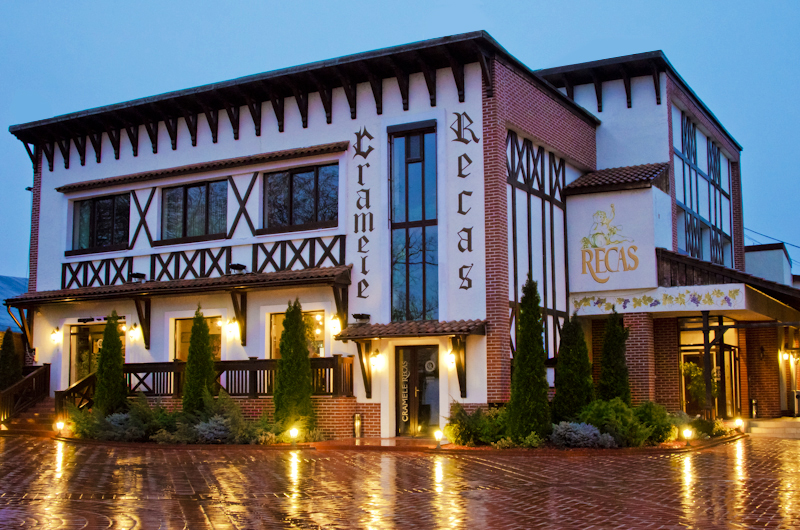
The pick of the whites was the Wine Atlas Fetească Regală 2018, a great example of how Romanian grape varieties can challenge their international cousins. It was crisp and refreshing, and accompanied by gentle tropical fruit flavours. It won a Decanter gold medal, and is well-regarded by wine writers - including Olly Smith, who calls it “hands down the best white in Britain for the price... a peach of a wine – buy every bottle.”
The Selene Fetească Neagră 2017 is a full bodied, premium red offering aromas of black forest fruit and leather, with flavours of black berries, cherry and spice. It has a long and balanced finish with a hint of orange peel. Wine Enthusiast calls it “delightful” and awards it 90 points.
The wine here is made with love, we are told, especially when love is good for business. Cramele Recas’ Te iubesc - “I love you” in Romanian - is a rosé with a pink hologram heart on the bottle, and Cox says it sells brilliantly to the domestic wedding market.
You can pick up a bottle of Te iubesc in any decent Romanian registry office today, but that isn’t how the wine started life. It was originally exported to Japan, after Cox discovered that men who visited brothels there wanted a special gift to take to the women they were seeing.
That all stopped when his Japanese importer “was shot”. So now, weddings.
If there’s a market Cox can sell wine to, he will. He wants to start selling to China, he says - that makes sense. Less clearly thought out - and floated near the end of the wine tasting - is Cox’s ambition to produce and market a “wine for gays”.
Avincis
The next stage of my wine tour was the Avincis winery, requiring a very quick flight from Timișoara to Bucharest that consisted of take off, cheese sandwich, and landing.
The drive from Bucharest was three hours of playing spot the horse and cart, which got easier and easier as we headed further from the capital and towards Drăgășani.
The winery is owned by a charming and artistic family, at the head of which are Cristiana Stoica and her husband Valerui - the former Romanian Minister of Justice who had a major contribution to the democratic transition after the fall of the communist regime.
The couple returned to Drăgășani in 2007 to restore the family mansion where Cristiana’s mother spent her childhood, hoping to bring life to the abandoned vineyards that surround it.
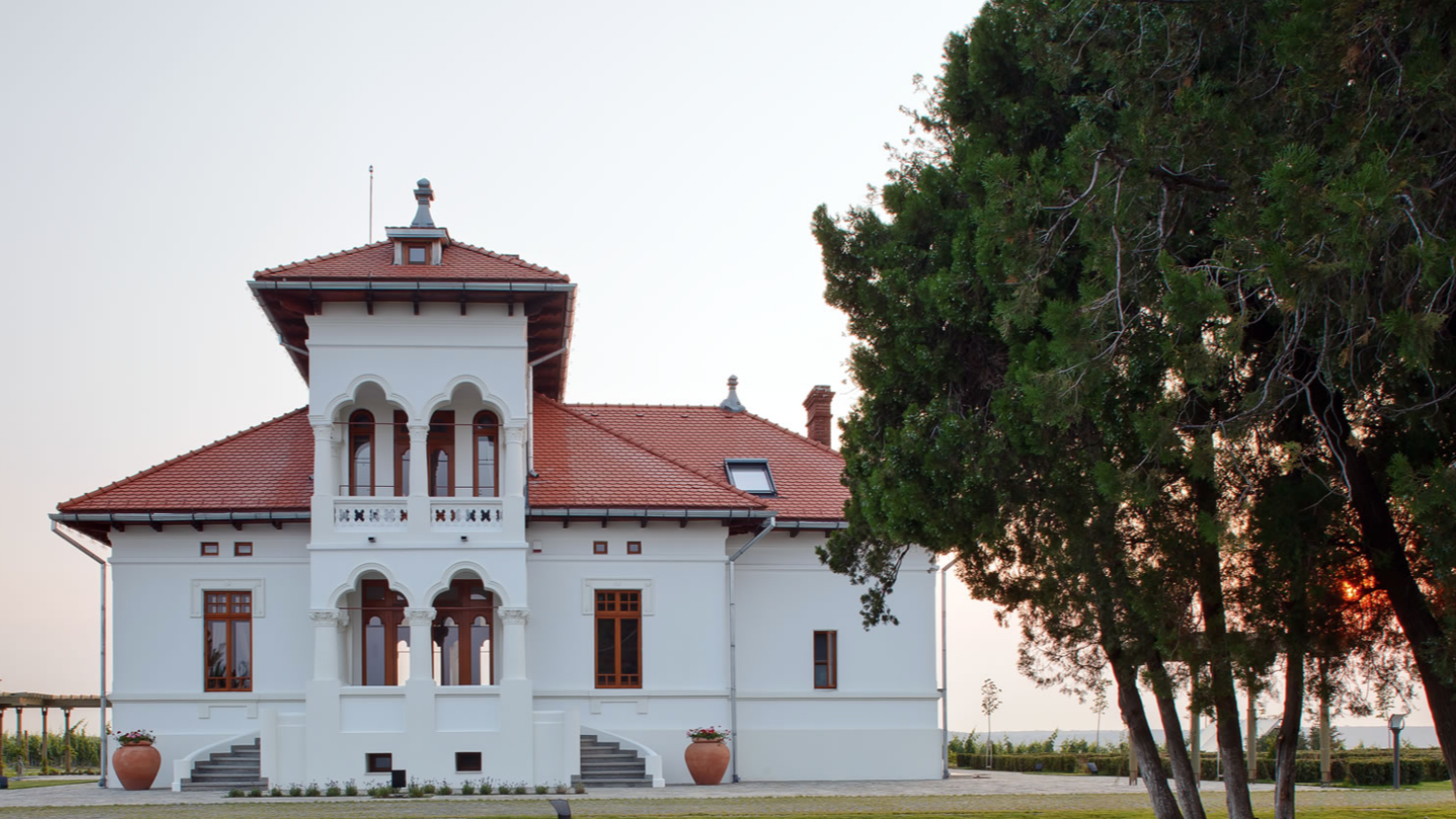
The winery was launched in 2011, and has grown into a well-recognised brand producing over 100,000 litres a year and offering guest stays and wine tastings at its beautiful estate.
The pick of our tasting was the Avincis Fetească Regală 2017, a dry white with rich and complex bouquet, with notes of white flowers, a hint of vanilla, and dried apricots, and flavours of peach and spiced pear.
The Pinot Noir 2015 comes from a grape variety that is a recent arrival to the hills of Drăgășani. By selecting the best plots and carefully managing the hillside growth, Avionics have produced a beautiful wine with an elegant bouquet of cherry, strawberry and a touch of spire. On the palate, it’s silky with good acidity - it is a Pinot Noir that stands up well against more established international competition.
After the wine tasting, we were joined at lunch by the Stoicas’ daughter, Andreea Micu - a blend of winery owner, data protection lawyer, and children’s book writer. As we said goodbye after the meal, she handed over a bottle of wine and a CD of classical music to listen to as an accompaniment.
I don’t have a CD player - of course I don’t, it’s 2019 - but I’ve held on to the CD as a reminder of my pleasant surprise at a trip that showcased a resurgent Romanian wine industry. The wine has gone though - I drank that.
The best of the rest
Southern Romanian winery SERVE served up plenty of impressive wines. The Cuvée Amaury 2017 was a fresh white made from Sauvignon Blanc, Riesling and Feteasca Alba, with complex floral notes, great minerality and a long finish. Users of wine marketplace Vivino give it 4/5 stars.
The Terra Romana Milenium Roșu 2016 was a red with a powerful nose, produced as a blend Merlot, Cabernet Sauvignon and Feteasca Neagra. It is a complex and intense wine with good acidity, well integrated alcohol and smooth, unaggressive tannins.
Budureasca’s Noble Five 2017 is a full-bodied blend of Cabernet Sauvignon, Feteasca Neagra, Merlot, Pinot Noir and Shiraz. Its blackcurrant and cherry aromas give way to flavours of black fruits and hints of oak, spice and cassis.
Prince Stirbey’s Tamaioasa Romaneasca 2018 is a dry and very floral Muscat with flavours of peach and mandarins, and white flower aromas. The Wine Society readers give it an average 5/5 stars.
For more information, or to book a wine-tasting adventure in Romania, visit Cramele Recas or Avincis
-
 What are the best investments for beginners?
What are the best investments for beginners?The Explainer Stocks and ETFs and bonds, oh my
-
 What to know before filing your own taxes for the first time
What to know before filing your own taxes for the first timethe explainer Tackle this financial milestone with confidence
-
 The biggest box office flops of the 21st century
The biggest box office flops of the 21st centuryin depth Unnecessary remakes and turgid, expensive CGI-fests highlight this list of these most notorious box-office losers
-
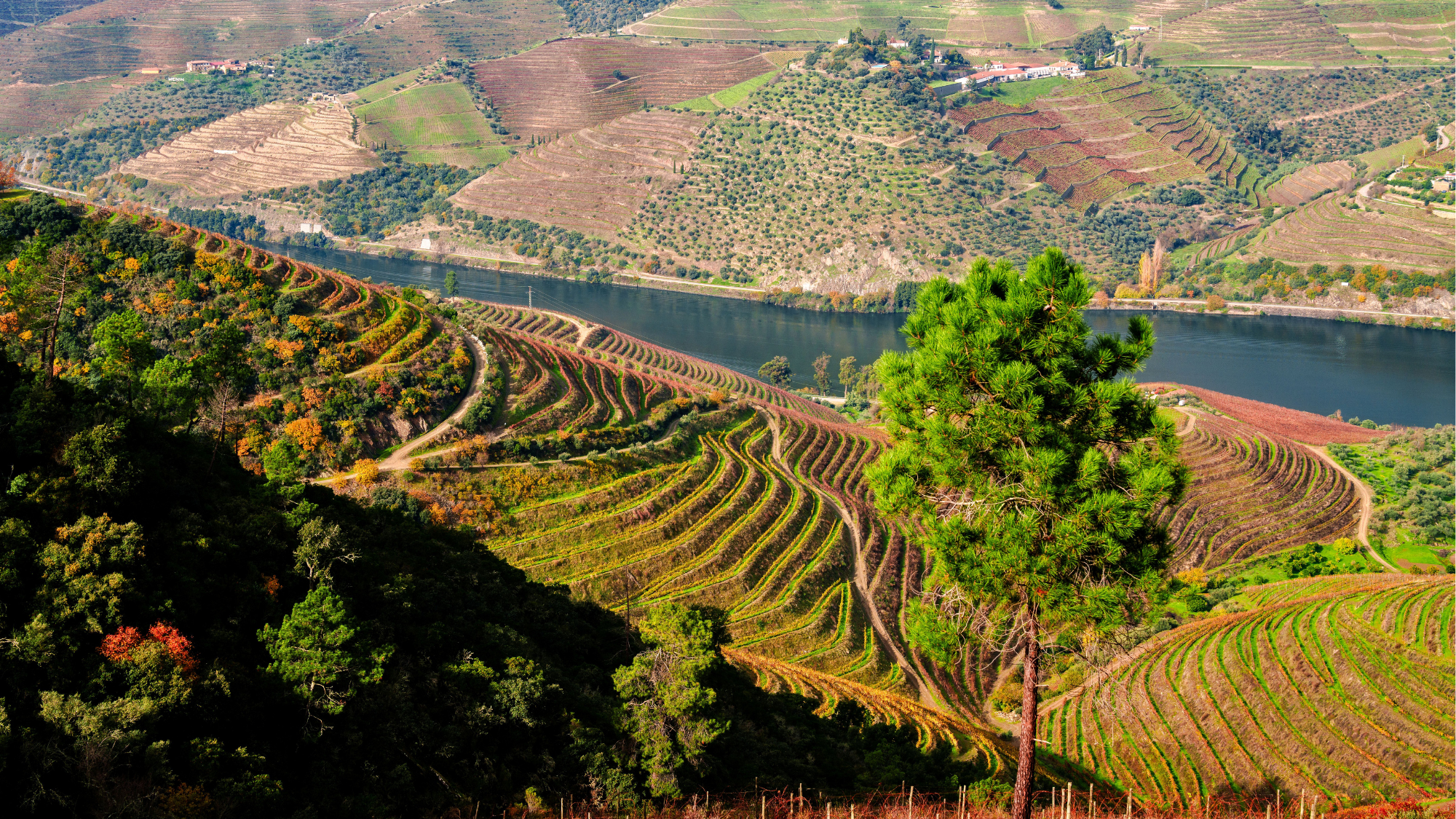 Where to begin with Portuguese wines
Where to begin with Portuguese winesThe Week Recommends Indulge in some delicious blends to celebrate the end of Dry January
-
 Touring the vineyards of southern Bolivia
Touring the vineyards of southern BoliviaThe Week Recommends Strongly reminiscent of Andalusia, these vineyards cut deep into the country’s southwest
-
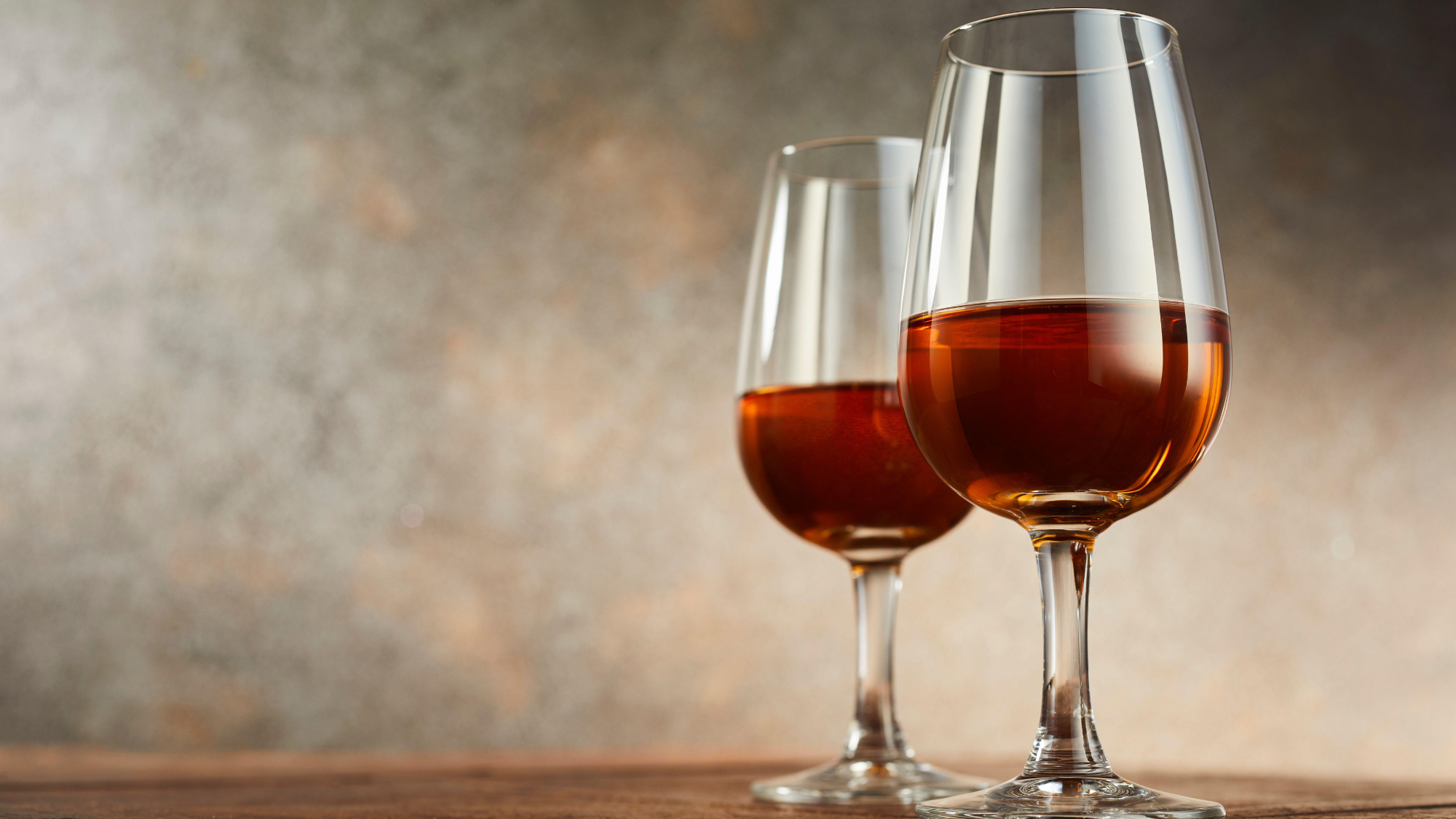 The best sherries to try this autumn
The best sherries to try this autumnThe Week Recommends The warming tipple from sunny Spain is an underrated cold-weather staple
-
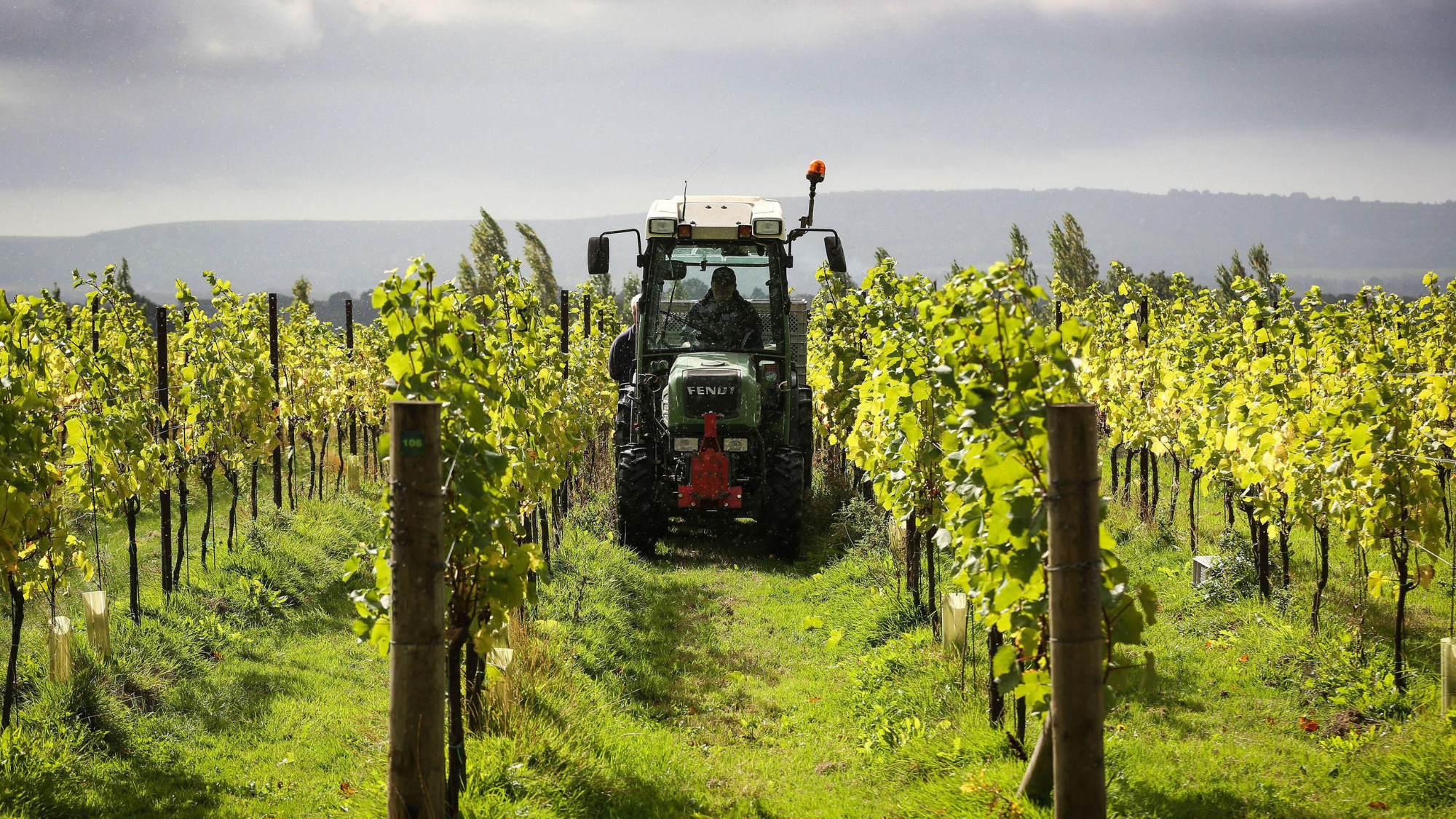 The rise of English sparkling wine
The rise of English sparkling wineThe Week Recommends As UK-based brands give champagne a run for its money, here’s everything you need to know about choosing the right bottle
-
 Rosorange: the chic 'love child' of orange wine and rosé
Rosorange: the chic 'love child' of orange wine and roséThe Week Recommends Peachy to look at and crisp to drink, here's to the wine of the summer
-
 Friendship: 'bromance' comedy starring Paul Rudd and Tim Robinson
Friendship: 'bromance' comedy starring Paul Rudd and Tim RobinsonThe Week Recommends 'Lampooning and embracing' middle-aged male loneliness, this film is 'enjoyable and funny'
-
 The best rosé wines to try this summer
The best rosé wines to try this summerThe Week Recommends Warm weather means it's pink wine's moment in the sun
-
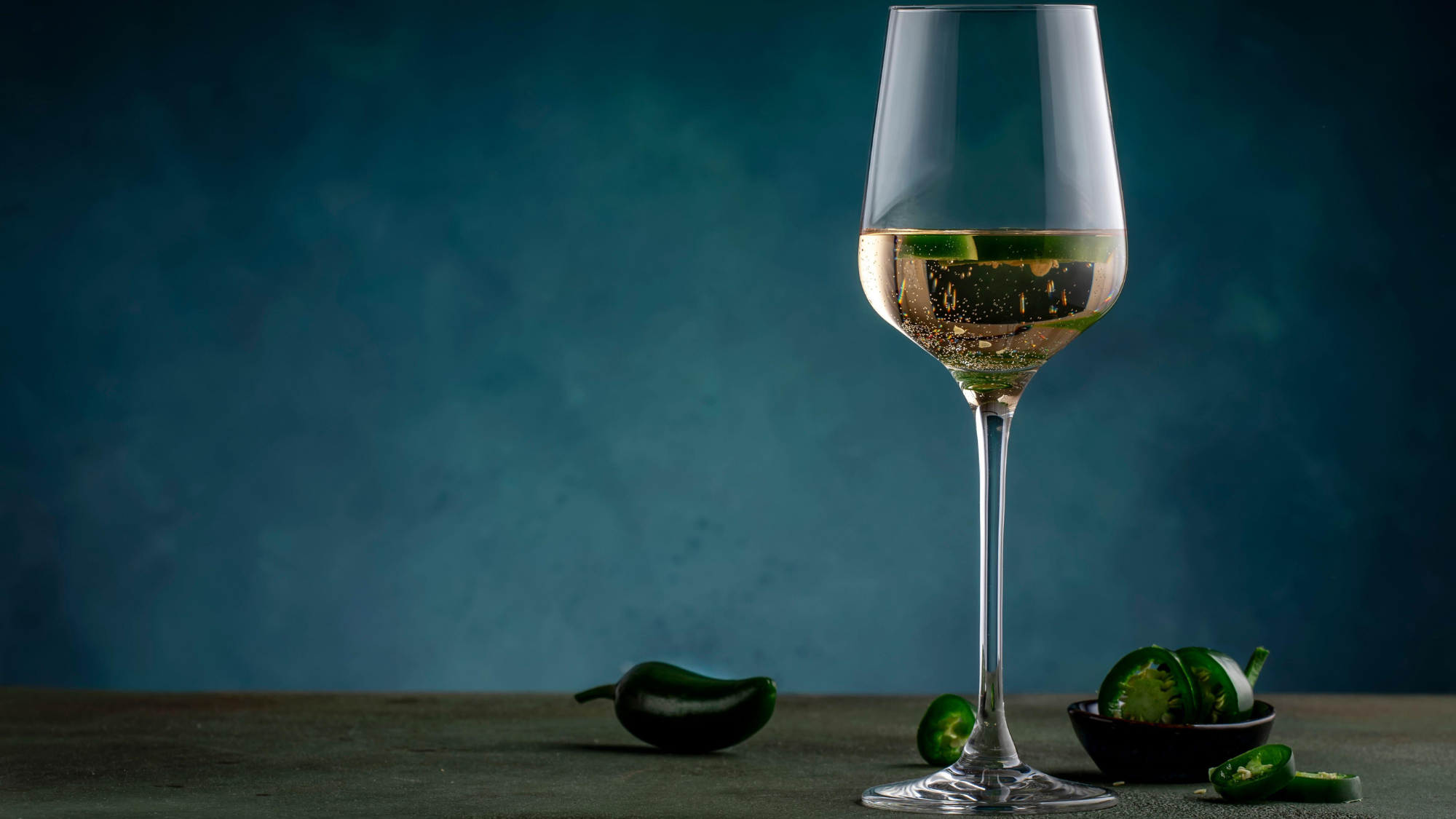 The jalapeño wine trend taking TikTok by storm
The jalapeño wine trend taking TikTok by stormThe Week Recommends Scatter a few chilli slices into your sauvignon blanc for a subtle and refreshing kick